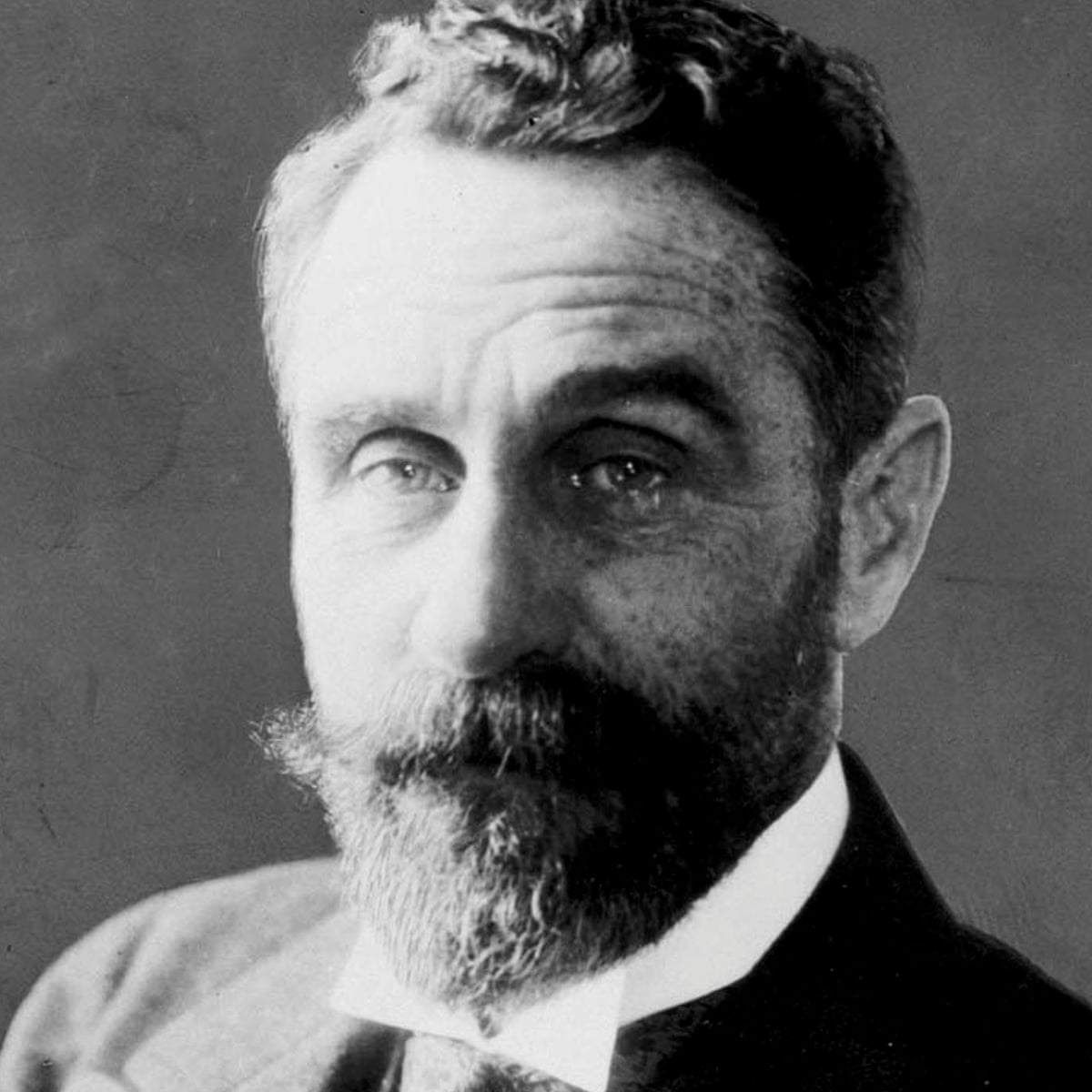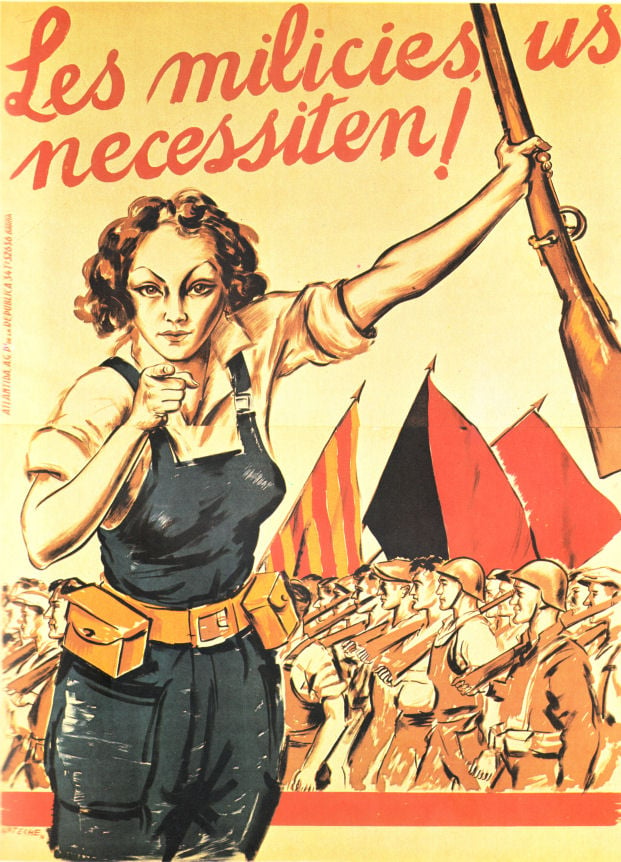- cross-posted to:
- workingclasscalendar
stahmaxffcqankienulh.supabase.co
- cross-posted to:
- workingclasscalendar
Roger Casement Executed (1916)
Thu Aug 03, 1916

Roger Casement was a human rights journalist and Irish revolutionary who was executed on this day in 1916 by the British state for treason after trying to acquire military aid for Irish Republicans before the Easter Rising. Casement’s work in the first decade of the 20th century exposed imperialist atrocities in the Congo and Peru.
Casement began his career working for Henry Morton Stanley and the African International Association, a front for King Leopold II of Belgium in his efforts to colonize the Congo.
In 1890, Casement met author Joseph Conrad, who had come to the Congo to pilot a merchant ship. According to author Liesl Schillinger, both were inspired by the idea that “European colonisation would bring moral and social progress to the continent and free its inhabitants ‘from slavery, paganism and other barbarities.’ Each would soon learn the gravity of his error.”
In 1904, Casement published the “Casement Report”, which, via interviews with workers, overseers, and mercenaries, exposed the enslavement, mutilation, and torture of natives on the rubber plantations. The report caused an international scandal and led to the creation of various reform organizations in the West.
A few years later, Casement traveled to the Putumayo District in South America, where rubber was being harvested in the Amazon Basin, and exposed the treatment of indigenous people in Peru. Finding conditions just as inhumane as what he witnessed in the Congo, Casement interviewed both the Putumayo and men who had abused them, publishing his findings in a first-person narrative that again caused an international scandal.
In November, 1914 Casement helped form the Irish Volunteers. He traveled to both the United States and Germany to both promote the Irish nationalist cause and acquire aid for it.
In 1916, Casement was captured by the British government and charged with high treason after he attempted to acquire military aid from Germany to aid the Irish nationalist cause. During trial proceedings, the government secretly circulated alleged excerpts from Casement’s journals, the “Black Diaries”, which detailed sexual acts with other men. The authenticity of these documents is still debated today.
Casement was hanged at Pentonville Prison on August 3rd, 1916 at 51 years old.
“Self government is our right, a thing born to us at birth a thing no more to be doled out to us by another people then the right to life itself then the right to feel the sun or smell the flowers or to love our kind.”
- Roger Casement
- Date: 1916-08-03
- Learn More: en.wikipedia.org, www.rte.ie.
- Source: www.apeoplescalendar.org
It’s interesting when someone’s world view is completely shifted as they go and see for themselves. We face this on a miniature scale every day: take the headline at face value or go research?
It’s unfortunate that people so often die for causes like these when they get in the way of a government. That theme is repeat a lot in history. Notice that the tactics don’t change…diiscredit so you can get rid of someone exposing you. Being able to recognize it gives you that kernel of doubt which is just enough sometimes.
These posts are informative, I’m frequently learning things I haven’t heard before.
This is quite informative, but to be honest this guy doesn’t sound like he lived a working class life.
Definitely an ally of the working class, but not from it.


